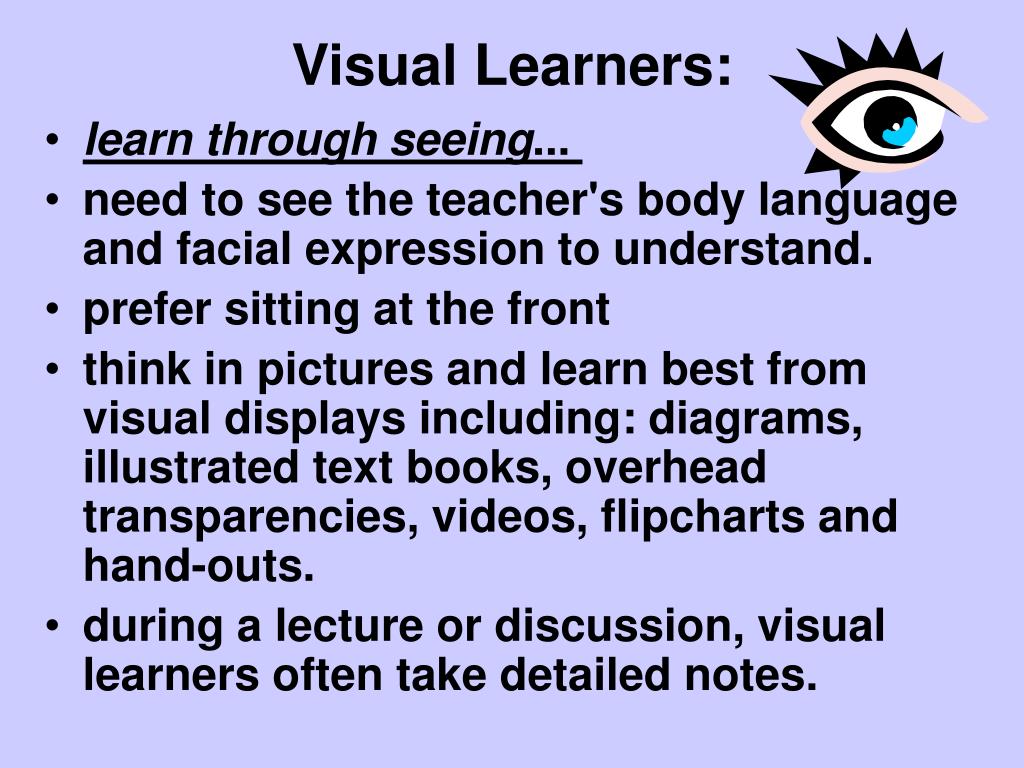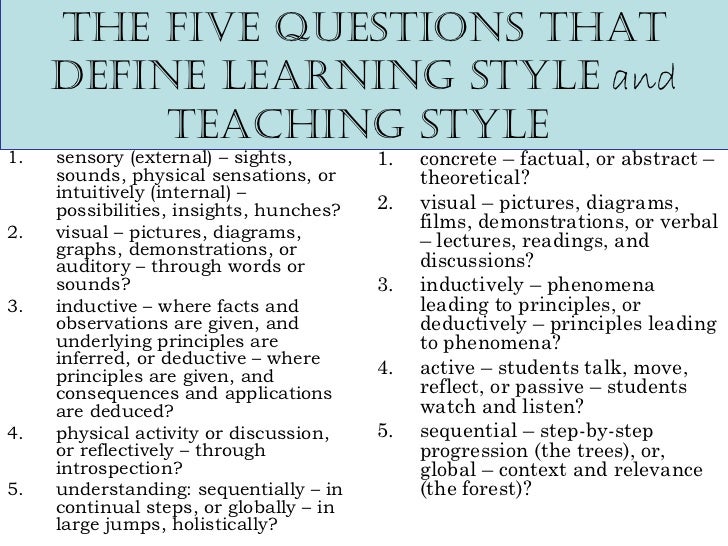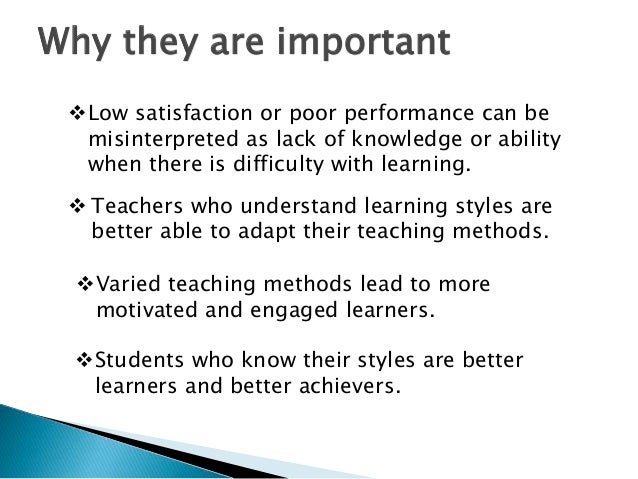

Verbal learners do well with Boggle, Scrabble, crosswords, or even word searches. Try educational games to engage your student.Ask your child to create a story of the ages – perhaps combining science and history to create a tale of Albert Einstein’s greatest inventions based on topics they’ve learned recently.Allowing your student to write his or her own stories can also be a tremendous learning opportunity for verbal learners.Assign book reports, scripts to memorize and perform, word problems in math, and debates to your verbal learner to get the most engagement possible.A verbal student will perform better when asked to write about a scientific topic rather than draw it.These learners appreciate the complexities of word and sentence structure. Give students written materials for editing to boost their learning.Establishing a rhythm while reading or speaking out loud helps to increase memorization capabilities.Use mnemonics, such as PEMDAS, to help students understand concepts.Make a list of new words every day along with their sounds and meanings.Try to use different voices and characters. Refrain from using a monotone voice so that verbal learners will be able to grasp information, which is the most important part of learning.Read books out loud and have your child read them back to you or others as well.Be sure to offer instruction in writing and verbally rather than visually, since verbal learners will most likely struggle with pictures or diagrams.Below are some study tips for verbal learners to help you get started: In order to help a linguistic learner succeed in their studies, it’s important to take advantage of their unique strengths.

Verbal learners acquire knowledge best through written and spoken words. Enjoy talking about what they read, and easily remembers quotes, puns and rhymes.Tend to do better with word problems in math as opposed to equations.Dislike silence and enjoy participating in study groups.Enjoy reading, whether it’s to themselves or to others.Tend to ask questions frequently and have excellent verbal expression.May have difficulty spelling or visualizing information.Often gifted at learning new languages.Tend to enjoy games that involve word play such as Scrabble, Boggle and crossword puzzles.Tend to flourish in reading and writing activities.Have a fascination with words and tend to learn new words easily.Below are some of the characteristics of linguistic learners: They are naturally drawn to language in general, which means there are plenty of opportunities to learn. Verbal-linguistic learners love both written and spoken word. What Are the Linguistic Learner’s Characteristics? How Time4Learning Works for Verbal Learners.What Are the Linguistic Learner Characteristics?.On this page, you’ll learn about the characteristics of verbal learners, discover study tips to help them succeed and more! Use the links below to jump to the section you want to read about first.

Verbal learners learn best through the words they hear as opposed to just hearing in general which is how auditory learners best learn.

However, while they do share some similarities, they are two entirely different styles of learning. The verbal-linguistic learning style is often confused with the auditory learning style.


 0 kommentar(er)
0 kommentar(er)
